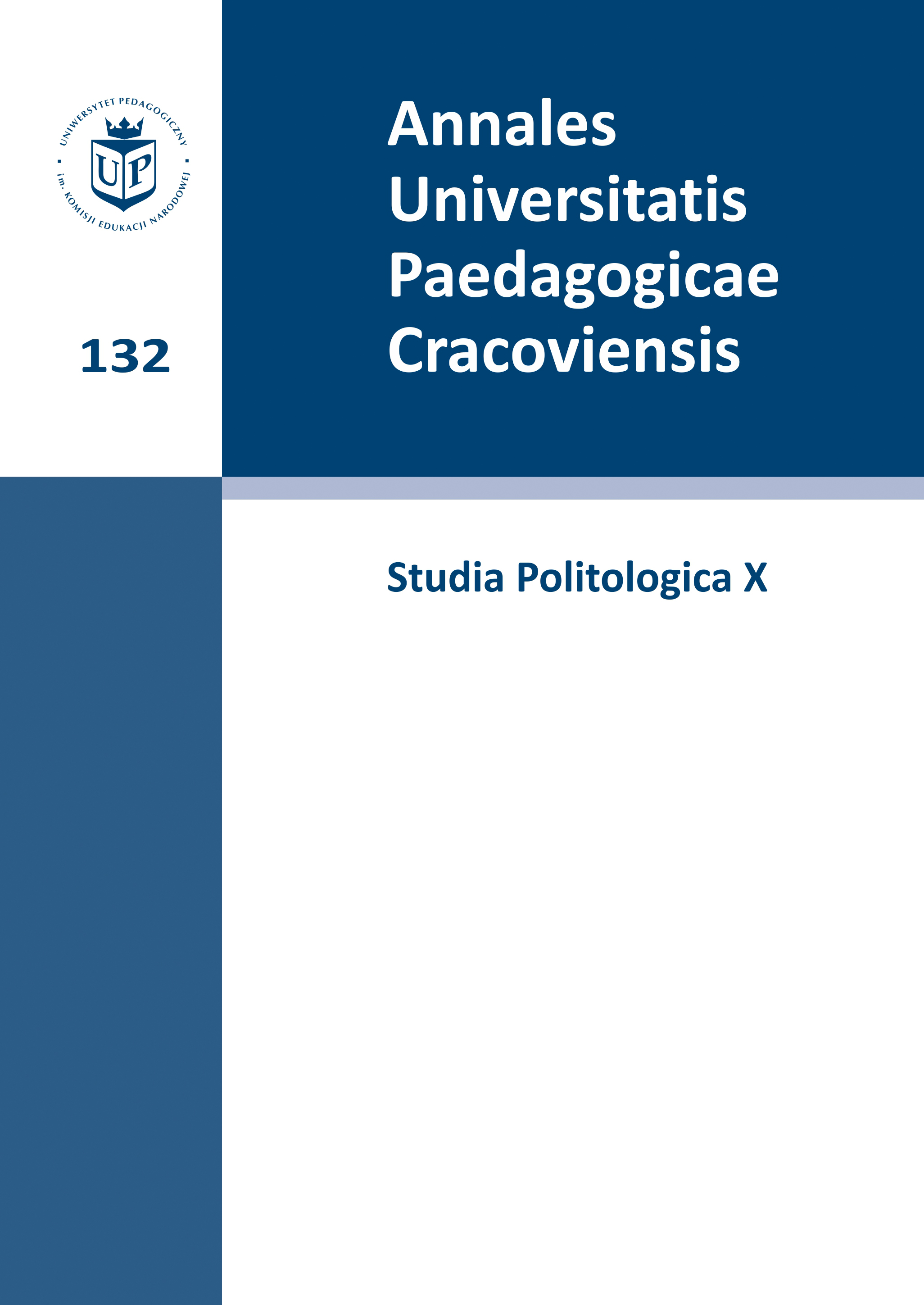Kombatanci w systemie politycznym PRL 1944–1972: na przykładzie województwa śląskiego i Lubelszczyzny
Abstrakt
In 1948, Polish Socialist Party and the Polish Worker’s Party were merged and created the Polish United Workers Party. The event led to a gradual centralization of the social and political life which resulted in the imposition of unification of the eleven combatant organizations that were operating in the People’s Poland. In consequence, a combatant organization called Society of Fighters for Freedom and Democracy was created.
In the time of the so-called “cult of personality”, combatants, those originating form the Home Army in particular, were persecuted by the security authorities of the Polish People’s Republic. They were not admitted to the Society of Fighters for Freedom and Democracy. If it happened that a soldier of the Home Army was a member of the Society he was sidelined by the influential activists of the Polish United Worker’s Party who belonged to the Society and originated from the People’s Army and the People’s Guard.
The socio-political crisis that took place in 1956 considerably contributed to the change of the combatants’ situation in the political system of the People’s Republic of Poland. Many former soldiers of the Home Army left prisons, general liberalization of the political system took place. The soldiers of the Home Army started to demand political rehabilitation. The episode in the Lublin branch of the Society of Fighters for Freedom and Democracy can serve as an example of their rebirth after 1956. When the Lublin Society was reactivated on the basis of the former soldiers of the Home Army, the activists of the left-wing provenience were expelled from its voivodship boards.
The 1960s were called the “Moczar’s period.” It was a period in the history of the combatants and the Society of Fighters for Freedom and Democracy in Poland when one of the most important fractions of the Polish United Worker’s Party (so-called “partisans”) started using combatants for the perty’s own political goals. Mieczysław Moczar was aware that he would not gather real support in the party. As the president of the Society of Fighters for Freedom and Democracy and the chairman of the Leading Council he gained the favour of combatant circles by, among others, increasing the number of benefits. It made easier for Moczar to fight for the leadership in the Central Committee of the Polish United Workers’ Party.
Pobrania
Opublikowane
Numer
Dział
Licencja
Redakcja przyjmuje do druku teksty oryginalne, wcześniej niepublikowane. Treść czasopisma jest dostępna na licencji Creative Commons (CC-BY-NC-ND 3.0 PL)
Licencja ta zezwala na wykorzystanie materiałów opublikowanych w czasopiśmie w celach niekomercyjnych np. komentarza, krytyki, informacji, archiwizacji, nauczania lub prowadzenia badań, z poszanowaniem aktualnie obowiązującego prawa autorskiego (ustawa z dnia 4 lutego 1994 r. o prawie autorskim i prawach pokrewnych Dz.U. 1994 nr 24 poz. 83 z poźn. zm.). Zgodnie z wymogami licencji, konieczne jest dokładne podanie źródła cytowania lub parafrazowania oraz zachowanie tekstu w oryginalnej postaci (zakaz tworzenia utworów zależnych).

